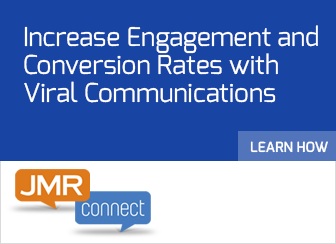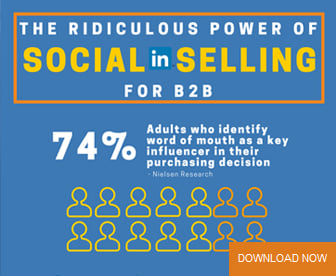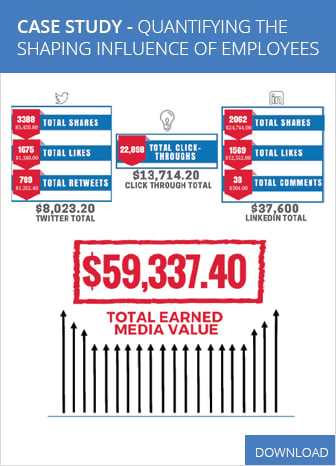Reports Indicate the Medical Space Has Become a Key Target for Cyber Criminals
The potential for computer hackers to get access to our data, devices, and networks and cause havoc appears to be limitless. We’ve already seen a wide array of infiltrations into our businesses and government networks and databases. And an article in the International Business Times yesterday notes that medical technology will be the next target of what it calls ransomware hackers.
Ransomware, the article explains, infects computers using a malicious email attachment or other means, encrypts user data, and then hackers try to extract from victims a ransom (paid in bitcoins) for the safe return of their sensitive documents.
The article, which attributed a Forrester research report obtained by Vice Motherboard as its source, says this kind of thing will be the top cybersecurity concern in the year ahead. The piece goes on to say that the health care industry already is the most hacked sector.
Another International Business Times article, this one posted on July 30, says that its own analysis of 4,470 breaches since 2005 reveals that medical records are twice as likely to be breached as financial data, and says the Privacy Rights Clearinghouse indicates 18 major health care breaches in 2014.
Health care is an attractive vertical for hackers, the article indicates, because databases provide a “treasure trove of data” including Social Security numbers, and other personal data and personal history. “Children’s medical information is particularly valuable because it’s a clean slate from which thieves can build false identities,” the article says.

With the growth of the Internet of Things, connected devices used both at health care facilities and by patients during their day-to-day lives are another area ripe for hacker attack. This is especially true given that security of connected devices is frequently an afterthought – if it’s a thought at all. That said, the FBI in September issued a public service announcement noting that medical devices like insulin dispensers, wireless heart monitors, or any IoT device could provide opportunities for hackers to gain access to those devices, the networks to which they are connected, and the other devices on those networks, as reported by HIT Consultant Media.
Edited by Kyle Piscioniere











